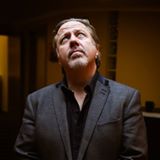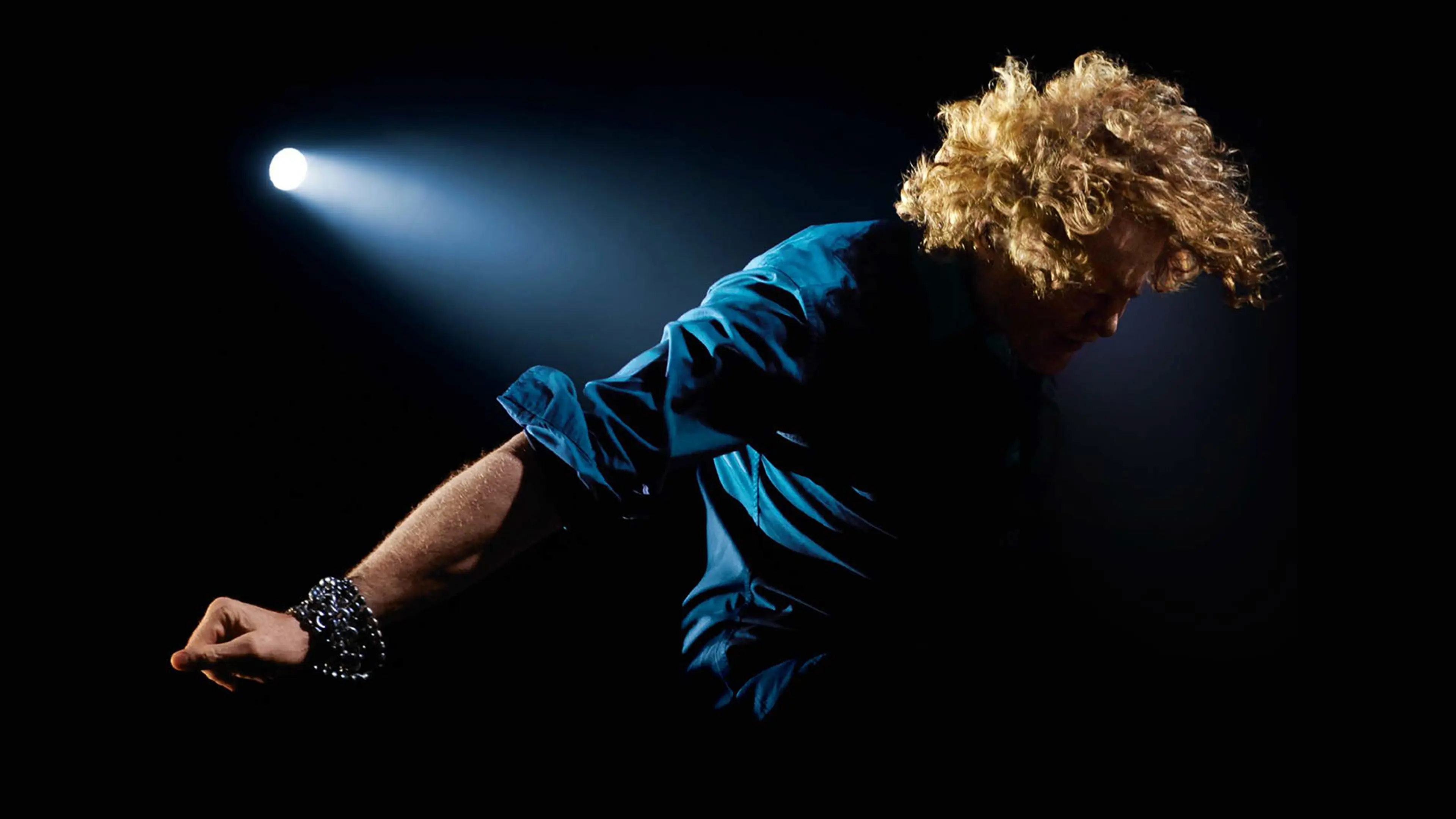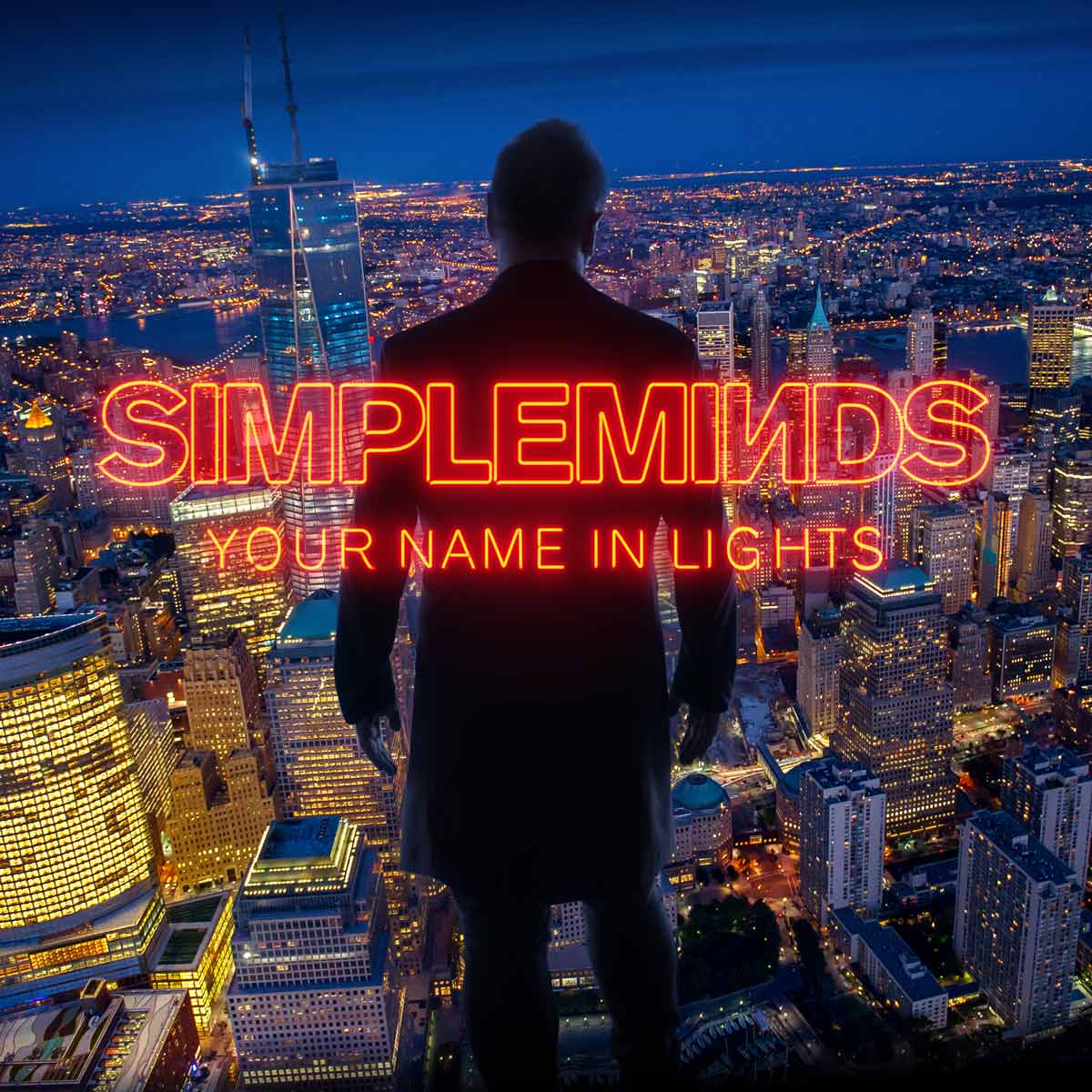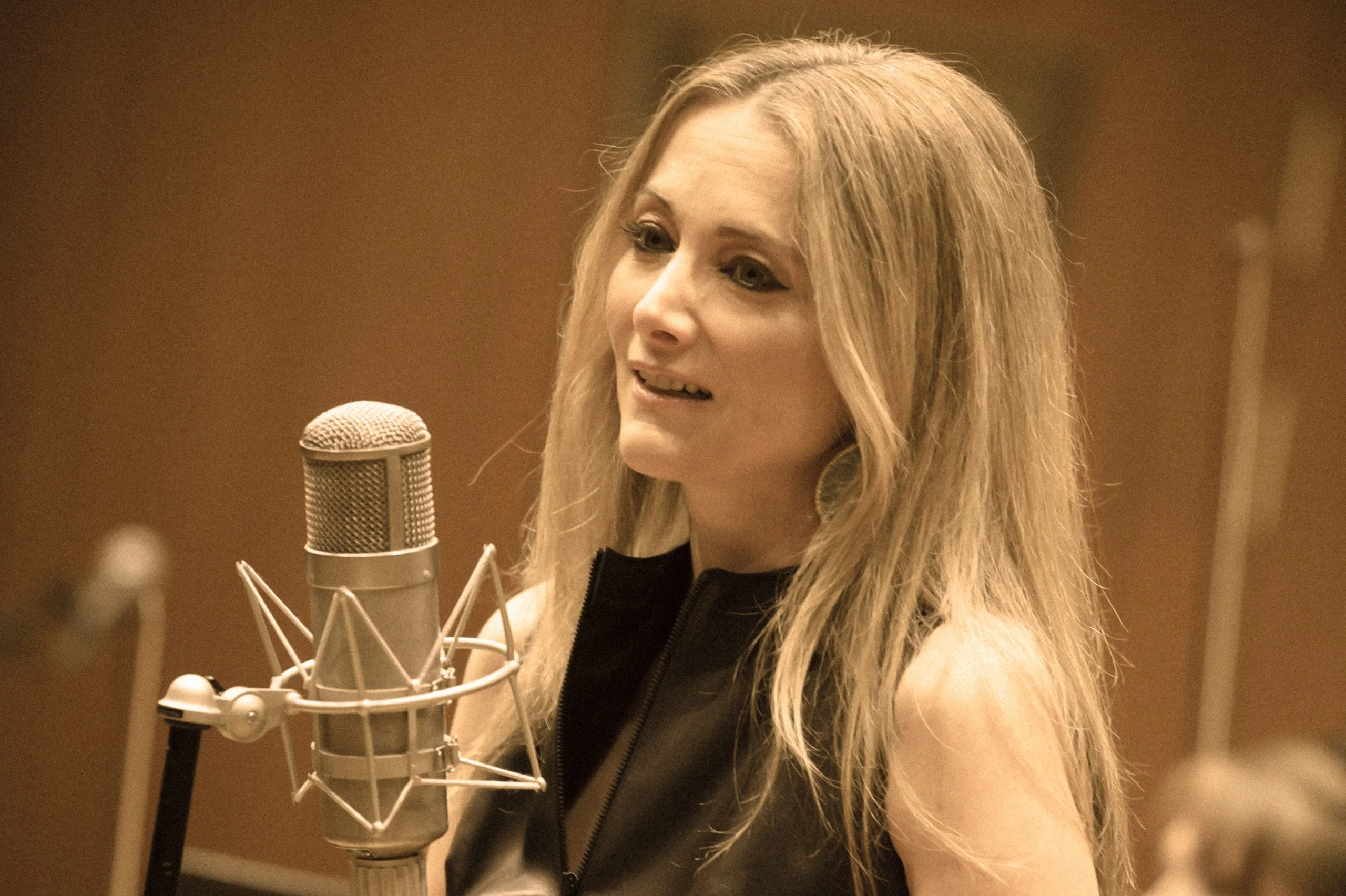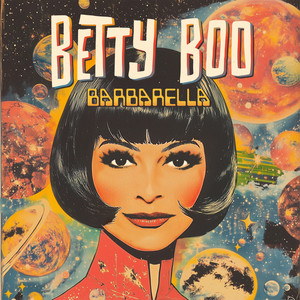Recording Simple Minds ‘Walk Between Worlds’
Walk Between Worlds is your third album with Simple Minds, and their first collection of all-new material since Big Music, in 2014. Given that Big Music was pronounced, ‘their best album in 30 years’ by MOJO magazine, did you feel any extra sense of pressure embarking on this one?
Andy Wright (AW): That’s funny, they’re calling this one their best album for 30 years now! But there’s always pressure, and the band may have felt it more than us.
As we started work on some of the material that would go on to become Walk Between Worlds both Jim and Charlie encouraged us to continue in a similar vein to Big Music, so in that sense they were lifting the pressure early on. Often the problem can be ‘right, we’ve done a great album, what are we going to do differently now?’ I think, in truth, we’ve progressed a lot from that point, but that was our opening.
Gavin Goldberg (GG): Also, I think the fact it was our third record fed into a positive feeling from the outset. Both of the previous albums had been well received, so on some level we could all say; this is working, we shouldn’t change too much just for the sake of it. If anything, the fact that Big Music had been so well received gave us an extra sense of freedom to explore as we had hopefully established that our sensibilities were in some way aligned. But you’re always looking for the balancing-point between creating a fresh sound while still keeping a foot firmly in the culture that is the Minds. They have a very distinct identity, and that’s something that has to remain at the forefront.
Q: Where did you record the album mainly – do you think the location influences the process?
AW: We started the album in SouthWest Studios, London (formerly Sphere Studio 1) but we finished it in Gorbals Sound up in Glasgow, the Minds’ home town. It’s always great to be up there, and as it’s a city at the heart of everything they do, it’s bound to have an influence on the way their art comes out. But it’s a feel thing, not something we’ll necessarily discuss. All kinds of factors can influence an album – many of them intangible, but whatever works, you just want to go with it the best you can.
Q: How did you find working on the album Acoustic at the same time as this one?
GG: That record, for me, really highlighted Jim’s vocals, and Charlie’s amazing playing – which were really pushed up to the front more than ever before – and it showed a whole different side to Jim’s singing, and Charlie’s playing which felt far more exposed and raw. I felt that was something we could really bring into the sound of the new album a little bit more. And the other aspect, that Charlie’s spoken about, is that when they took the Acoustic songs out on the road and toured them live, it really focused them in on simplicity, and getting rid of as much clutter as possible, which became another big influence on what we were doing…
AW: It was so completely different from the regular Minds stuff, that it was like working with a different band. But the record came together really naturally, and developed from totally different branch of creativity, so, if anything it was energising to be involved in that while we were building towards Walk Between Worlds. Also, Acoustic gave us our first opportunity to work with Cherise Osei and Gordy Goudie (we had already worked with Jed Grimes, Sarah Brown and Catherine AD). We found their contributions both energetic and inspiring.
Q: The new record is seen as having two distinct sides; like the vinyl albums the band grew up listening to – was that something you worked to achieve or something that just developed in an organic way?
AW: The album was always intended for release on vinyl, and I think we all felt that it was the most important format for this piece of work. They focused very hard on the running order, to create a classic album feel – and I think that’s an aspect that’s genuinely paid dividends.
Q: Magic is a brilliant opening track, and seems to relate strongly to Simple Minds’ formative years as a band. Did you take any musical or recording decision to reflect their past?
GG: Magic, as a song, and also Summer, were both pieces that emerged quite early – and to some extent, we used a more elemental approach, where you’ve got a beat, a synth, a guitar, a vocal – and even though there is other stuff in there, it’s basic elements and it’s really important that each of those has something very specific that it’s doing in the track. We’ll still occasionally throw the kitchen sink in, but the simplicity probably mirrors the bands’ earlier recordings. Also, Magic started it’s life as an idea the guys were playing around with around ten years before, so that might have something to do with it!
AW: I was always big fan of Simple Minds growing up – I listened to them back when I was playing keyboards in my own bands and I was always inspired by their work. So it’s been very natural to reflect their past, and those earlier incarnations, without needing to think much about it.
Q: Track two, Summer, is a co-write between Simple Minds and Owen Parker, who also co-wrote Broken Glass Park and Spirited Away on Big Music. But for the most part, the songs are written by Jim and Charlie – what can you tell us about their process?
AW: I always felt Summer would make a great single –In some way it’s more than the sum of it’s parts as the verse and chorus are different versions of the same part. The excitement comes entirely from the dynamics – which turn it into a very complete song. It was one of the first songs to really fire, and had a great sound right from the off, so it was an important piece for us.
Utopia is probably more typical of their process. Charlie initiated it in Holland and sent it to Jim who brought it in to the studio to record a guide vocal. I played it to Gavin, who championed it from the off. I love the other worldly textures that Charlie creates and that moment of pure drama where the music just explodes is sublime. It’s a very trippy song – and I think one of Jim’s best moments lyrically.
Signal and the Noise followed a similar course with Charlie delivering a fantastic music track. We lived with an earlier revision for months, but Jim felt that the song needed a new section and on the very last session Charlie came to the studio with a completely new middle 8. It sounds like it was always intended to be that way now. From a production point of view, I think we worked on making the song a touch more harmonic, but by and large it’s just a great piece of Charlie and Jim composition – and so it’s not a surprise to see it’s been really well received.
Q: Moving into side two of the album, the opening track, In Dreams, reflects some of the vibe of Big Music, great bottom-end, great combinations of vocals, fantastic guitars.
GG: It was another song Charlie had started, and he wanted it to have a kind of heaviness and intensity to counter what he saw as a sort of sweetness to the underlying melody and chords. For a long time it felt like the track wasn’t quite delivering but no one was quite sure why. It was good but perhaps not quite falling within the Minds ‘culture’ that we spoke about. Jim has an expression which he calls ‘kicking the tyres’ where you’re not sure what you’re looking for, but you’re just looking for something extra. So you try things. When we were at Gorbals studio we developed quite a few new ideas, including things like the really hooky BV, ‘forever, forever…’ from an ad-lib Jim sang over the outro – and did quite a bit of experimenting with guitars as well as keyboards. Sometimes it’s also about what you leave out.
Q: Barrowlands Star is an epic song with a production to match – complete with string orchestra recorded at the world-famous Abbey Road Studios. It represents a slightly new direction for the Minds, how did it all come about?
AW: Barrowlands Star is probably my personal favourite on the record, it’s such a progressive song. Although it’s a new song, some elements of the track go right the way back to a demo that Charlie wrote in 1998. At that time, Charlie stored his compositions on a now outdated cartridge back up system which I also used, but all of the technical specs have changed so much that we just couldn’t get anything from it. But we were so into the basic track we were hearing, and Jim had written this great lyric over it. I loved the feeling of it being about a band, dreaming of playing at the Barowlands. For me, in my early days, we dreamed of playing the Marquee and the Hammersmith Odeon, but if you were in Glasgow, you dreamed about playing the Barrowlands – and it’d be the biggest thing you could ever hope to achieve. Bear in mind that they went on to play Live Aid and at stadiums all over the world and it gives it an extra poignancy – but I really bought into the dream of the song, which includes Charlie’s sensational guitar solo. We did some work putting together a new version and then, against all the odds, Charlie managed to access the data – so we had all of the original parts available to incorporate into the final version.
But we knew we weren’t finished – for one thing, we wanted to really bring out Charlie’s original Kurzweil string parts. I had been working with iconic Scottish composer Peter Vetesse, and suggested he develop an orchestra part for the track. Peter knows the band from working with them on a previous album, and the idea of him doing it just seemed to fit with the spirit of the piece. We all loved the arrangement Peter put together and felt we had to record it at Abbey Road, Studio 2 – the touchstone for anything like that. We ended up bringing in a twenty-four piece string orchestra, and the result, I think, is phenomenal.
At Abbey Road we also recorded the orchestra for Walk Between Worlds – with another great string arrangement, this time by Sam Swallow, and it ended up being the title track of the album.
GG: Walk Between Worlds began as a bit of a sleeper in some ways – we didn’t know from the outset it would be the title track of the album. Certain songs had made themselves known earlier, tracks like Magic, Summer, Utopia, Barrowlands – whereas Walk Between Worlds wasn’t obvious at that point. There were always great things in it from the outset; the guitar riff that Charlie does, lots of fantastic stuff going on, but we somehow lost our way a little bit for a while. Sometimes it can happen with a song. And then we rediscovered a big synth bass line which somehow we’d overlooked temporarily, and once we brought it back in again it kind of anchored the song and everything started to make sense. You’d never know when you listen to it now, it sounds obvious, and with the full arrangement behind it, it’s a fantastic piece, but for a while we couldn’t figure it out!
Q: The closing track, Sense of Discovery has had a tremendous reception, and interestingly, chooses to self-reference one of the Minds’ own earlier works (Alive and Kicking) melodically – was that a subject of debate, how did it come about?
GG: The music and the feel were locked in quite early on – it had originally been a song scheduled for Jim’s second ‘Lostboy’ album. But Charlie’s guitar work really brought it properly into the Minds’ culture and lot of changes kept occurring as we were working on it. At one stage, we were at Gorbals Sound, and we were just running keyboards in solo. Jim heard it and said ‘that’s sounds amazing, can’t we begin that way? So we re-fashioned how the intro works, much more stripped down, and again, quite late on, Jim was sort of ‘kicking the tires’, and said, ‘I’ve written this new part which I want to try over the ending’. We recorded it with Sarah Brown, and lived with it for a while and ended up liking it so much that we wondered whether it should actually be the chorus. So we tried all these different edits and looked at moving things around within the structure of the song and only after a lot of versions ended up with the shape the song has now.
AW: That part from Jim just felt really natural – and I think he was quoted somewhere as saying it was like trying on an old coat – finding that it still fits, and there’s something kind of right about it. The song is another Owen Parker co-write, and had quite a journey – but in the end the version we went with has had an amazing reception – and looks set to be another radio hit.
In general, I think that if there’s any achievement on our part, it’s that the songs sound like they all just kind of breezed through. But there’s a depth in the production, and all of the tracks were worked on very hard. They sound somewhat effortless, but as is often the case in any form of art, there’s a huge amount of work underpinning that.
Q: Being selected as ‘Album of the Week’ on Radio 2 must have been incredibly gratifying – did you have any notion of how the new tracks would be received?
GG: Certain tracks, probably Magic and Summer we felt, from a radio point of view, were strong contenders – and actually, at one point, Kevin McCabe, the bands radio promoter, came to see us about something else so we took the opportunity to give him a preview. His reaction was so positive that we felt hugely encouraged to keep going in the direction we’d been heading. But in general, it’s so hard to really know. All you can do is try to feel it yourself – and if you get moved, then you hope other people will too. In the end, the Minds have such a great sensibility about their own music that they’re always going to steer it to its final resting point.
AW: It’s a strange one to answer. A track like Magic, for example, I would probably have listened to in my car in early 2016 and then there it is A-listed on the radio in early 2018, and I’m driving and listening to it – and two years have elapsed. To be honest, when that happens, I’ll have one of those rare moments where I can say, ‘wow that’s brilliant’. Then it’s like hearing it for the first time all over again, and I’ll experience it totally afresh. And then – I’ll arrive at the studio, park the car, we’ll pull up our chairs behind the mixing desk – and before you know it, we’re already back into it, and the cycle starts all over again…

